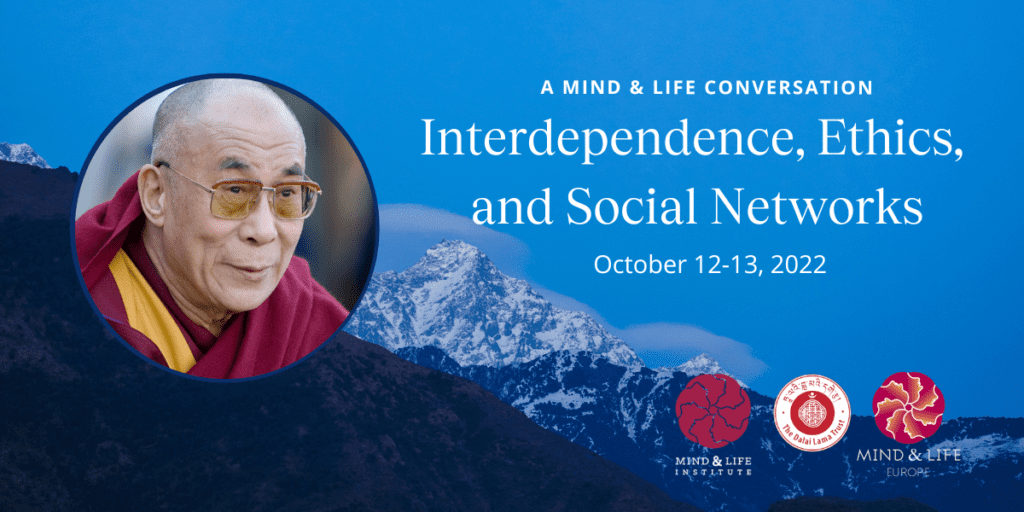
Wednesday, October 12, 2022 & Thursday, October 13, 2022
The increasing complexity of our world, catalyzed by climate change, rapid technological innovation, and mounting political divisions, calls us to change the way we live. We are embedded in our social and natural environments: they shape us, and we shape them. What innate resources can we call on to move forward together in a new way?
To explore this question, on October 12-13, the Dalai Lama engaged with leading scientists in a “Conversation on Interdependence, Ethics, and Social Networks” sponsored by the Mind & Life Institute and Mind & Life Europe.
The discussion spanned the tension that exists between diverse views and perspectives in today’s world and the need to come together as one to address our collective challenges. Presenters shared recent perspectives from evolutionary and moral psychology, neuroscience, philosophy, and artificial intelligence in considering what is necessary now to enact a more compassionate, sustainable, and hopeful model of living together.
Participants

His Holiness the 14th Dalai Lama
Born on July 5, 1935 to a farming family in a small hamlet of Tibet, His Holiness the 14th Dalai Lama, Tenzin Gyatso, is the spiritual leader of Tibet. He is the first Nobel Laureate to be recognized for his concern for global environmental problems. He has received over 150 awards and honorary doctorates in recognition of his message of peace, non-violence, inter-religious understanding, universal responsibility, and compassion. A deeply curious person interested in science throughout his life, His Holiness engaged in dialogues with scientists and philosophers over four decades. He is Co-Founder of the Mind & Life Institute, now celebrating its 35th anniversary (since the first Dialogue with His Holiness in 1987).
Session 1, Wednesday, October 12
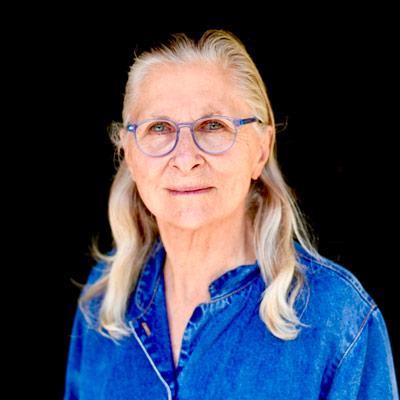
Moderator:
Roshi Joan Halifax
Roshi Joan Halifax is a Buddhist teacher, Founder and Head Teacher of Upaya Zen Center in Santa Fe, New Mexico. With a PhD in anthropology, she is also a social and environmental activist, author, and pioneer in end-of-life care. Roshi Joan has been involved with Mind & Life Institute since its inception, served on the board for several years, and is currently a Founding Steward. She also is an Honorary Board Member of Mind & Life Europe.
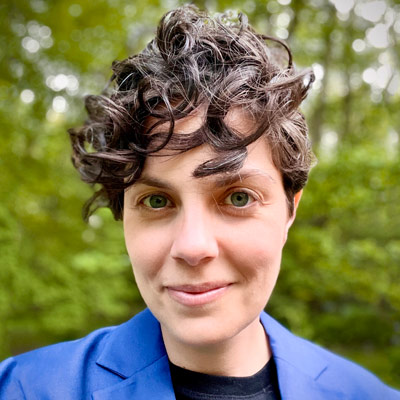
Presenter:
Molly Crockett
Molly Crockett is an Associate Professor at Princeton University in the Department of Psychology and University Center for Human Values. Prior to joining Princeton, they were on faculty at Yale University and University of Oxford. Dr. Crockett’s research integrates theory and methods from psychology, neuroscience, economics, philosophy, and data science to investigate moral cognition: how people decide whether to help or harm, punish or forgive, trust or condemn. Outside the lab, Dr. Crockett is a practitioner and teacher of Buddhist meditation in the Samatha tradition.
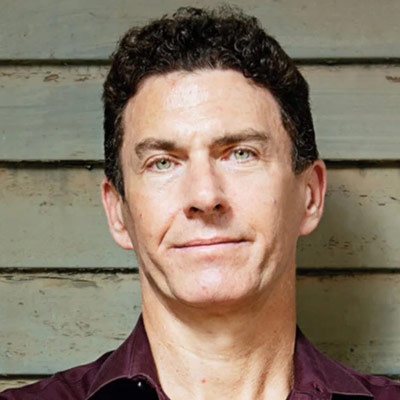
Presenter:
Joseph Henrich
Joseph Henrich is Professor of Human Evolutionary Biology at Harvard University whose research focuses on evolutionary approaches to psychology, decision-making and culture, and includes topics related to cultural learning and evolution, culture-gene coevolution, human sociality, large-scale cooperation, religion, and the emergence of complex human institutions. Methodologically, he integrates ethnographic tools from anthropology with experimental techniques drawn from psychology and economics. His area interests include Amazonia, Chile and Fiji.
Session 2, Thursday, October 15
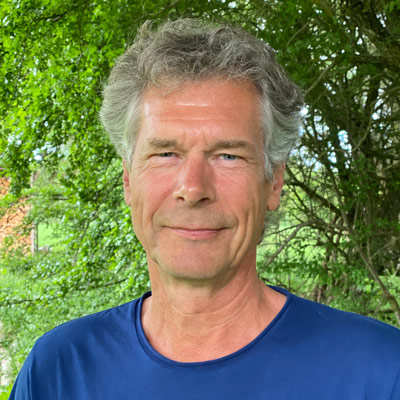
Moderator:
Martijn van Beek
Martijn van Beek is an Associate Professor of Anthropology at Aarhus University in Denmark. After learning about Tibet on a first visit to India and Nepal in 1979, he later completed a PhD in Development Sociology (Cornell 1996) focused state-minority relations and communal conflict in Ladakh and the wider Himalayan region. He has a longstanding interest in the emergence of new forms of contemplative life, community and practice, including in educational settings, and how this is informed by scientific research and normative secularism. He also collaborates on interdisciplinary research on contemplative practices and uses micro-phenomenology to explore their micro-gestures and experiences. Prof. van Beek is a member of the Board of Mind and Life Europe, and lives and occasionally teaches at Vaekstcenteret, a lay contemplative community in Denmark.
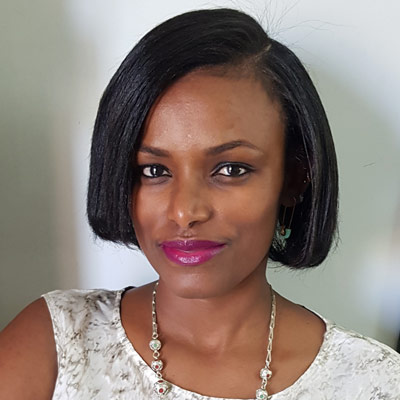
Presenter:
Abeba Birhane
Abeba Birhane is a cognitive scientist researching human behavior, social systems, and responsible and ethical Artificial Intelligence (AI). She is a Senior Fellow in Trustworthy AI at Mozilla Foundation and Adjunct Assistant Professor at the University College Dublin. Her interdisciplinary research explores various broad themes in cognitive science, AI, complexity science, and theories of decoloniality. Dr. Birhane examines the challenges and pitfalls of computational models (and datasets) from a conceptual, empirical, and critical perspective.
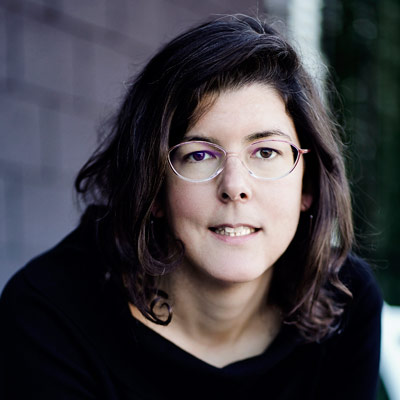
Presenter:
Hanne De Jaegher
Hanne De Jaegher is a philosopher, a cognitive scientist, and a leading thinker of the enactive approach to cognition. She is an Associate Professor at the University of Basque Country and is known for her precise and moving writings on embodied human subjectivity and inter-subjectivity, guided by questions about how knowing and love relate. Her theory of participatory sense-making is being applied and studied across academic and practical disciplines, such as neuroscience, psychiatry, law, education, various forms of therapy, and the arts. She co-directs Dialogica UK, a social enterprise to advance neurodiversity. Together with Ezequiel Di Paolo and Elena Cuffari, she co-authored Linguistic Bodies: The Continuity between Life and Language (2018).
Additional Participants
Co-Hosts:
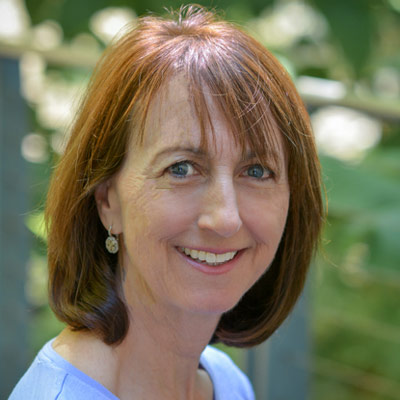
Susan Bauer-Wu
President, Mind & Life Institute
Discussants:
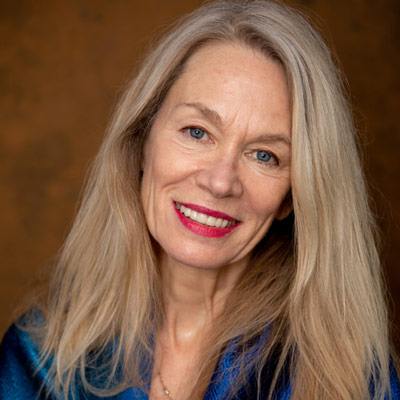
Amy Cohen Varela
Board Chair, Mind & Life Europe
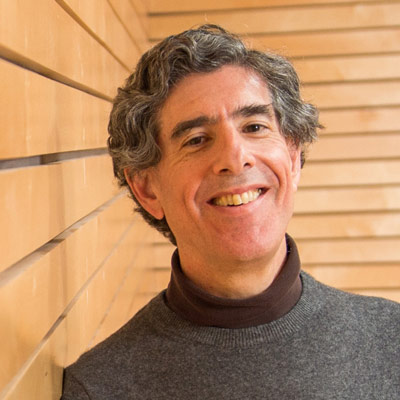
Richard Davidson
Founder and Director, Center for Healthy Minds at University of Wisconsin-Madison
Chief Scientific Advisor and Founding Steward, Mind & Life Institute
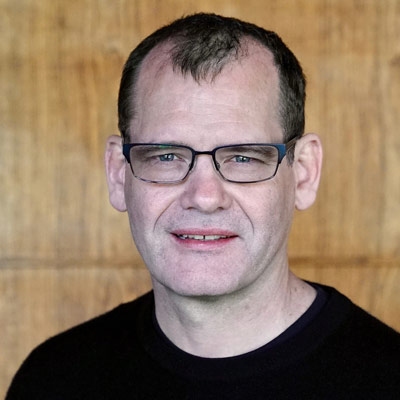
John Dunne
Distinguished Professor of Contemplative Humanities, University of Wisconsin-Madison
Interpreter:
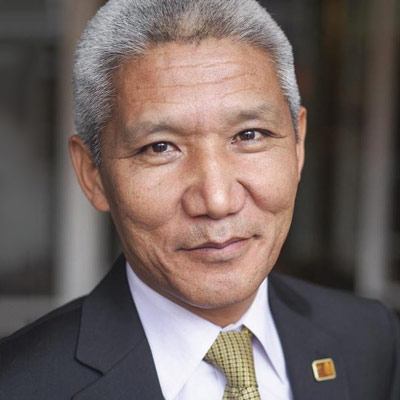
Thupten Jinpa
Board Chair, Mind & Life Institute
Founder, Compassion Institute
Videos
Resources
Molly Crockett
- Prosocial Correlates of Transformative Experience at Secular Multi-Day Mass Gatherings
- Moral dilemmas and trust in leaders during a global health crisis
- How social learning amplifies moral outrage expression in online social networks
- The relational logic of moral inference
- Moral transgressions corrupt neural representations of value
Abeba Birhane
- The impossibility of automating ambiguity
- Algorithmic injustice: a relational ethics approach
- The values encoded in machine learning research.
- The forgotten margins of AI ethics
- Descartes was wrong:‘a person is a person through other persons’.
Hanne De Jaegher
- De Jaegher H & Di Paolo E (2007) Participatory Sense-Making: An enactive approach to social cognition. Phenomenology and the Cognitive Sciences, 6(4), 485-507.
- De Jaegher H (2021) Loving and knowing. Reflections for an engaged epistemology. Phenomenology and the Cognitive Sciences, 20(5), pp. 847–870
- Di Paolo E & De Jaegher H (2022) Enactive ethics: Difference becoming participation. Topoi. 41(2), pages 241–256. doi:10.1007/s11245-021-09766-x.
- Video: PRISMA: Interacting across difference
- Reflections on Hanne’s essay

